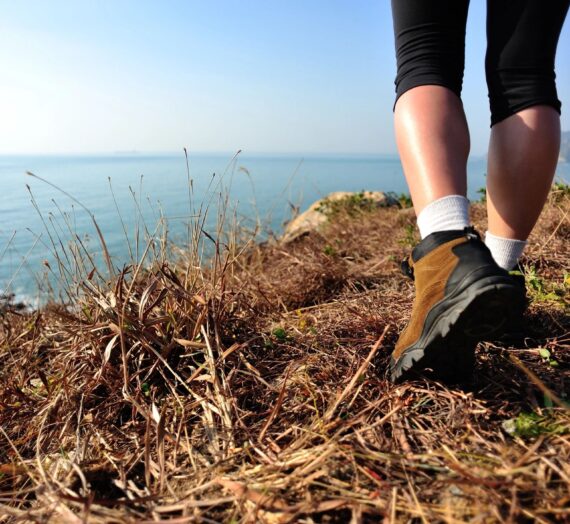“Look up, Sweet Girl! I have fresh food for you!” I had been introducing new food to her, and she was slowly learning the mechanics opening her mouth for the spoon. She has been a foodie from the start, gobbling up everything I gave her. Food smeared on her face and then drippled down her bib into a mix of drool. Sweet Girl, desperate for her food, faced down and attempted to eat the disgusting leftovers on her bib instead of taking a fresh bite. “Look up! Here’s a fresh bite!”
And in that instant, in the mundane of lunch and routine, my spirit quieted, and I heard God say to my heart, “This is what happens when my people rely on sermons and podcasts only for their daily bread.”
I paused and took a deep breath. The picture of my baby willing to forgo the best for something immediate and easy stayed with me as I processed those words. It’s sometimes easier to put on a podcast or listen to a sermon than it is to open the Bible. The Bible seems daunting, so we reach for something convenient, re-consuming what gave life to someone else. Sure, there is some nutritional value, but not as much as there is when we go to the source ourselves. Don’t hear me say podcasts or sermons are bad—they aren’t! But we are in a bad way if podcasts and sermons are the only way we read the Bible.
This summer, we are going to be diving into the Bible together. Due to current events, we’ll be looking at passages that speak to racism. (If you’d like to know more about the effects of racism in America, please watch the video below called "Race In America: A Holy Post" by Phil Vischer, founder of Big Idea Productions and creator of Veggie Tales.) As we gear up for such a study, it is important to consider having a few resources to help us read and understand the Bible. Below you will see a short list of books and websites with description. You do not have wait to read the Bible unit we dig into a passage together. In fact, I highly encourage you to start reading the Bible now and use the passages we will read together as a supplement. If you’ve never read the Bible, I would recommend starting with a Gospel: Matthew, Mark, Luke, or John. These books record the life and teachings of Jesus. If a Gospel seems a bit much, I highly recommend reading the short letter to the Philippians by the Apostle Paul, which is in the New Testament.
Recommended Sources
Bible Study Methods by Rick Warren: Warren present 12 different ways to approach Bible study, from devotional to a methodical analysis of an entire book in the Bible. It’s a very straightforward, reader friendly book with tons of practical tips.
Grasping God’s Word: A Hands-On Approach to Reading, Interpreting, and Applying the Bible by J. Scott Duvall and J. Daniel Hays: If you’ve been reading your Bible for a while and want to dig deeper, I highly recommend this book. This book has helpful exercises at the end of each chapter and covers the same things I learned about in seminary in a very practical, easy to understand approach.
IVP Bible Background Commentary: New Testament by Craig Keener: Craig Keener is one of my favorite New Testament scholars. I’ve gleaned so much from this book as well as his other books that cover Paul and his writings. It’s a compact commentary that covers every book in the New Testament and includes fantastic background information for each book. When you study the Bible, you want to reach for the commentary as a last step; if you don’t have any commentaries, this would be a good one to pick up.
IVP Bible Background Commentary: Old Testament by John H. Walton, Victor H. Matthews, and Mark W. Chavalas: This is another commentary that covers every book in the Old Testament. A great resource to have as you try to make sense of difficult passages.
Bible Study Tools (website): This website is packed with good, free resources. If you go to the homepage and click on “Study,” you’ll see all kinds of tools that can help you read the Bible beyond devotional reading. Here you will find commentaries, concordances, dictionaries, encyclopedias, and lexicons. https://www.biblestudytools.com/
Bible Hub (website): This is similar to Bible Study Tools. Explore both to see if you have a preference. https://biblehub.com/



